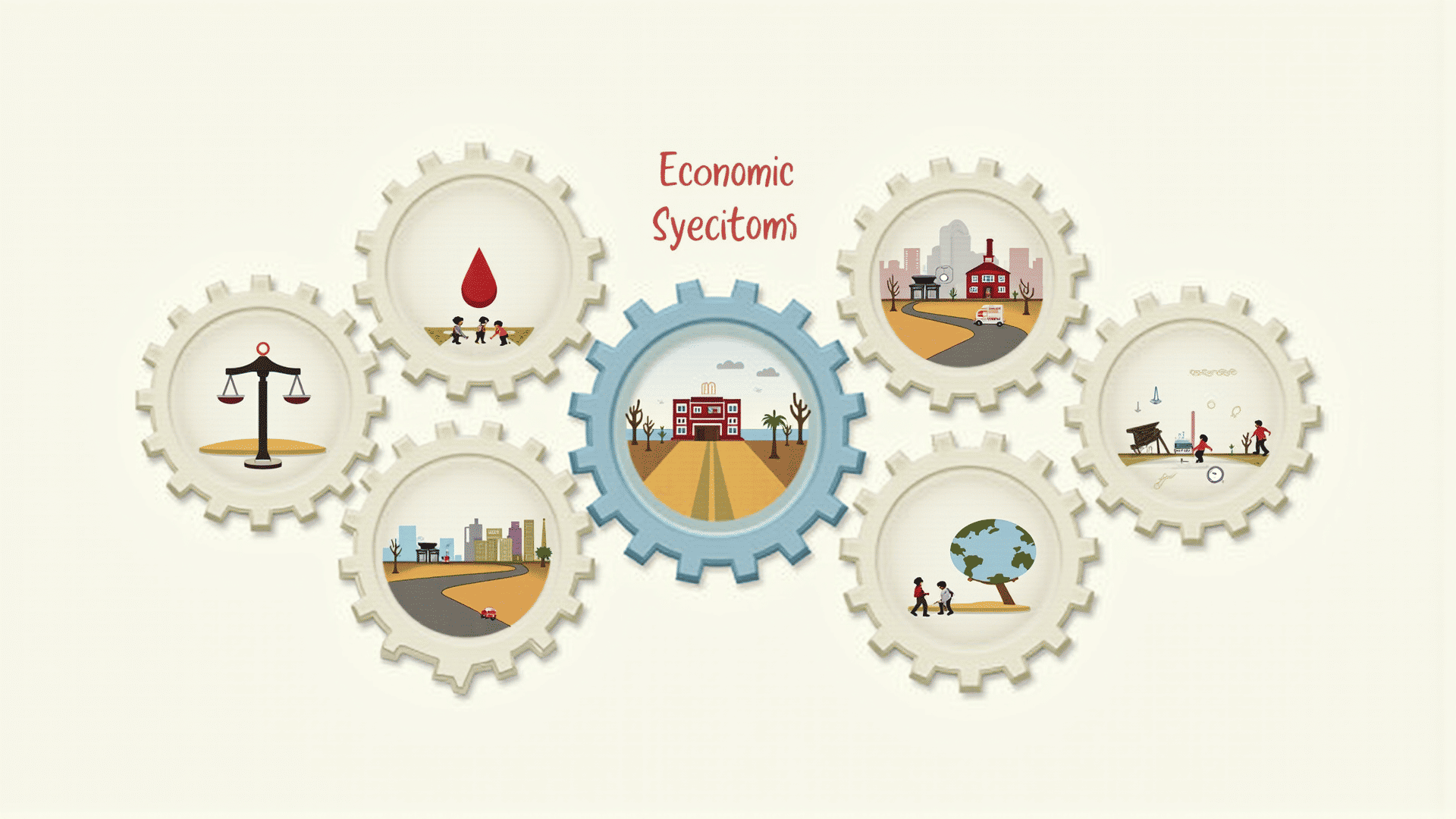Economic systems are intricate frameworks that orchestrate the allocation of limited resources across societies. Understanding the core principles of these systems can provide invaluable insights into how societies function and thrive. These principles form the backbone of any economy, offering a lens through which to view decision-making, productivity, and progress.
At the heart of economics lies the concept of scarcity. Resources such as land, labor, and raw materials are finite, yet the demands placed upon them are boundless. Societies are continually tasked with addressing this disparity by making informed choices that prioritize certain goods and services over others. This decision-making process is guided by the basic principles of supply and demand, which dictate how resources are allocated and prices are determined within markets.
Another key principle is opportunity cost, which refers to the potential loss experienced when choosing one option over another. This consideration is integral to understanding the trade-offs involved in decision-making, whether on an individual, corporate, or national level. By carefully evaluating the potential benefits of different choices, societies can allocate their resources more effectively and achieve optimal outcomes.
Furthermore, the role of incentives cannot be overstated. Incentives—financial or otherwise—are crucial in motivating individuals and organizations to act in ways that align with broader economic goals. By designing incentives that encourage productivity, innovation, and investment, societies can cultivate an environment conducive to economic growth and stability.
Competition is another driving force in economic systems, fostering innovation and efficiency. When entities vie to offer better goods at lower costs, consumers benefit. This competitive spirit fuels advancement and compels organizations to adapt and evolve, ensuring that resources are utilized in the most effective manner possible.
Additionally, the division of labor and specialization stands as fundamental concepts underpinning economic efficiency. By focusing on specific tasks, individuals and organizations can hone their strengths and improve productivity. This specialization allows for the creation of complex goods and services that a single entity could not produce alone, thereby enhancing overall economic output.
Finally, the importance of market structures cannot be ignored. The level of regulation, the presence of monopolies, and the freedom of entry and exit from markets all affect the dynamics of resource allocation. By understanding and appropriately shaping these market structures, societies can promote fair competition and protect consumers.
In conclusion, the core principles of economics provide a framework for understanding how resources are allocated in societies. Through the lens of scarcity, opportunity cost, incentives, competition, specialization, and market structures, we gain insight into the complex world of economic decision-making. These principles not only shape the economic landscape but also influence the very fabric of how societies develop and prosper.
